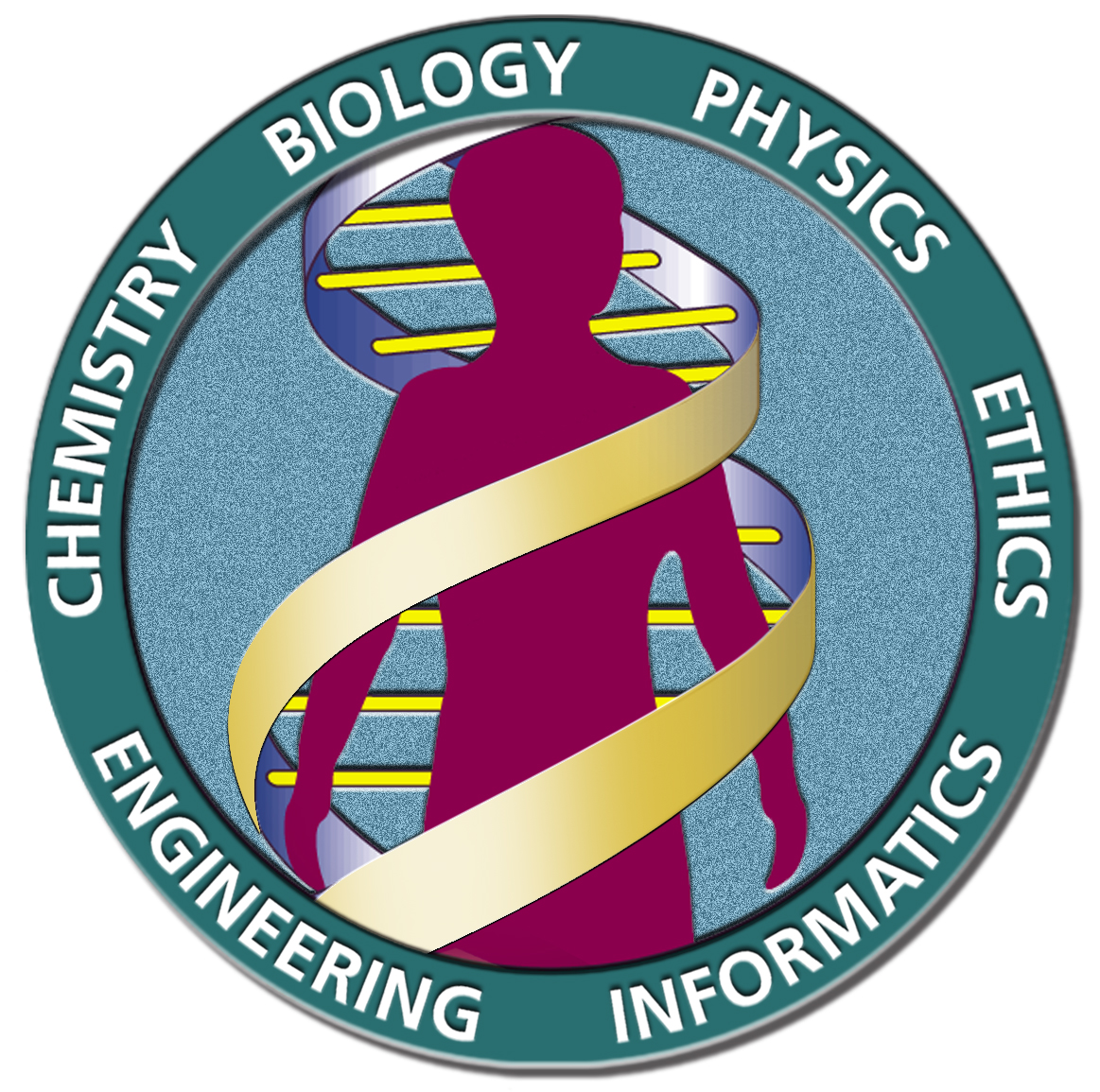1996 DOE Human Genome Program Contractor-Grantee Workshop V
Abstract Book PDF
(scanned from original)
DOE Human Genome Program Contractor-Grantee Workshop V
Santa Fe, New Mexico
January 28-February 1, 1996
The electronic form of this document may be cited in the following style:
Human Genome Program, U.S. Department of Energy, Human Genome Contractor-Grantee Workshop V, 1996.
Contents
Introduction to the Santa Fe Workshop
Abstracts
- Sequencing
- Mapping
- Informatics
- Ethical, Legal, and Social Issues
- Infrastructure
Abstracts scanned from text submitted for the January 1996 DOE Human Genome Program Contractor-Grantee Workshop. Inaccuracies have not been corrected.
Introduction to the Santa Fe Workshop
Welcome to the Fifth Contractor-Grantee Workshop sponsored by the Department of Energy (DOE) Human Genome Program (HGP). This meeting offers an important opportunity for investigators and program managers to review the program’s progress and content, to assess the impact of new technologies and, not least, for scientists to forge new collaborations. The 197 abstracts in this book describe the research of DOE-funded grantees and contractors from DOE’s human and microbial genome programs (plus the work of a few invited guests). These abstracts represent the most up-to-date compilation of activities and accomplishments in these fast-moving programs. Many projects will be discussed at plenary sessions to be held at the Eldorado Hotel, and all projects are represented by posters. Space has been set aside at the La Fonda Hotel for displaying posters and demonstrating new informatics resources. The U.S. Human Genome Project officially reached its fifth birthday on October 1, 1995. In the last 5 years, remarkable progress has been made toward the goals that were laid down in the original and revised 5-year plans that have guided the project. At this workshop we will hear about many of the significant advances that have been made since we last met in November 1994. We remain ahead of schedule and under budget, and there is reason to believe that the project will reach its goals before the target date of 2005. Nevertheless, major challenges remain. Obtaining the complete human DNA sequence is a monumental task that we are just beginning to address seriously; it will continue to require a very large, focused, and dedicated effort. However, in the last several months there has been growing optimism that the sequencing goal is now coming within reach. This optimism stems from recent successes in sequencing the genomes of simpler organisms, coupled with new and oncoming advances in sequencing reagents and instrumentation and the development of improved clone resources and algorithms that reduce human decision making. With the growing consensus that cost-effective approaches to large-scale DNA sequencing are nearly within our grasp, it is clear that to reach our sequencing goals, we must begin to commit a significantly larger fraction of the HGP budget into the focused effort necessary for production of large amounts of sequence data. These are exciting and challenging times for biological researchers. The wealth of information and capabilities now being generated by the various genome projects and other biological endeavors will lead over the next two decades to more insights into living systems than have been amassed in the past two millennia. Biology truly is undergoing a revolution. Finally, as most of you know, I will retire on January 26, 1996, just before the workshop. It has been my privilege to be involved with the Human Genome Project since it first became a glimmer in the minds of a few. I am very proud of the many significant contributions that have been made by DOE-supported genome researchers and would like to thank all of you for your work in moving these programs forward. I am anticipating a very interesting and productive meeting and offer special thanks to all who have contributed to its organization.
David A. Smith, Director
Health Effects and Life Sciences Research Division
Office of Health and Environmental Research
U.S. Department of Energy
December 19, 1995
Prepared by Human Genome Management Information System, Oak Ridge National Laboratory, Oak Ridge, TN 37831-0605. Managed by Lockheed Marietta Energy Research Corporation; for the U.S. Department of Energy under contract DE-AC05-96OR22464.

